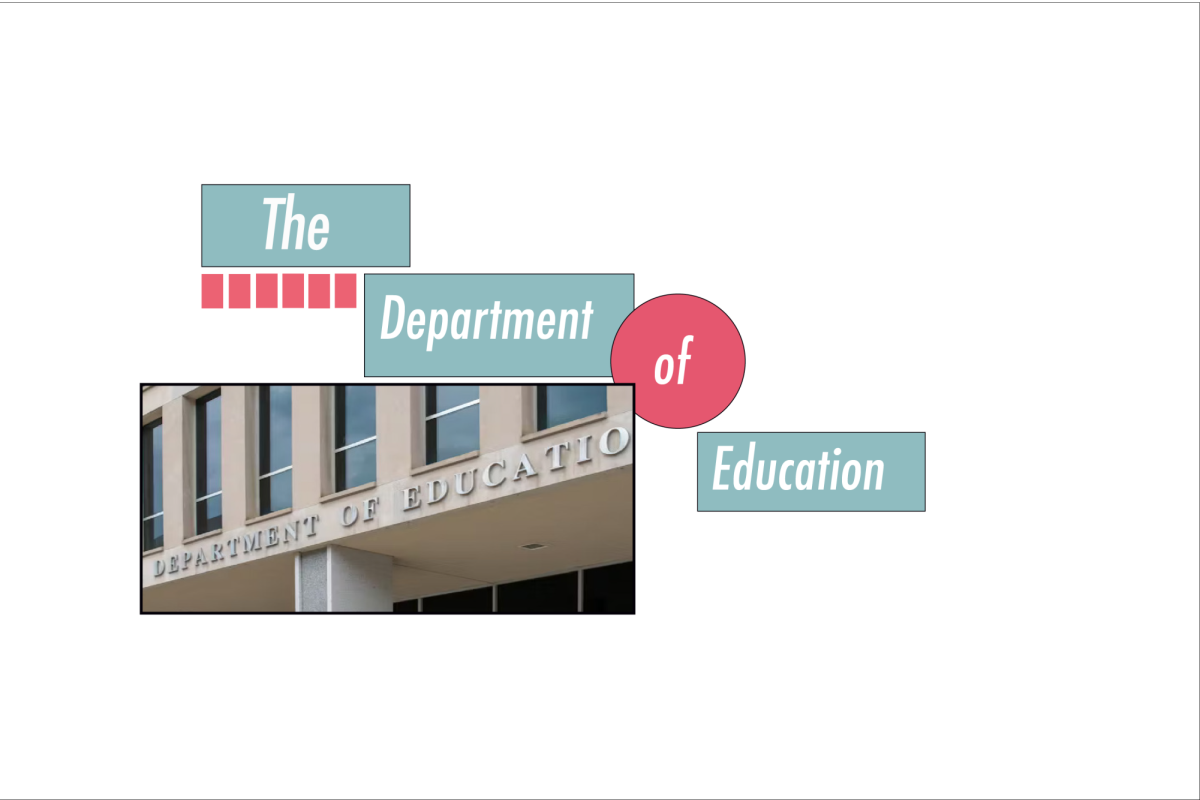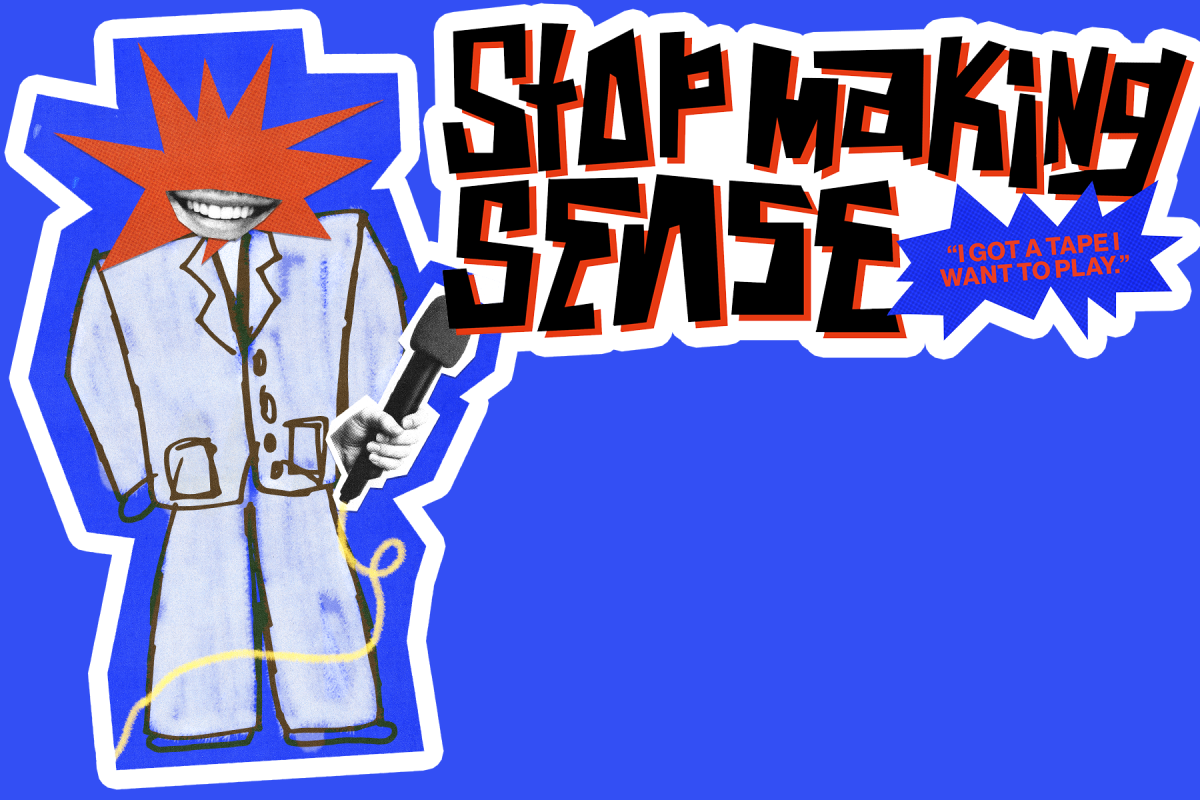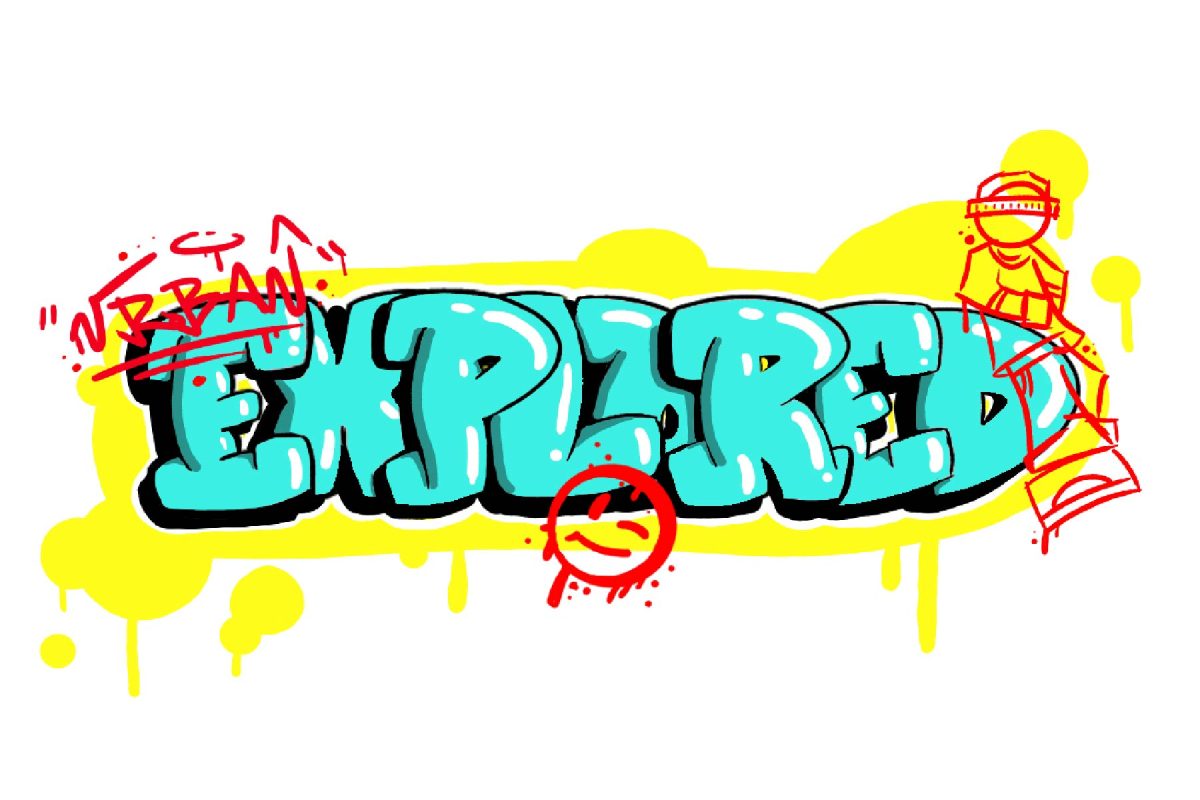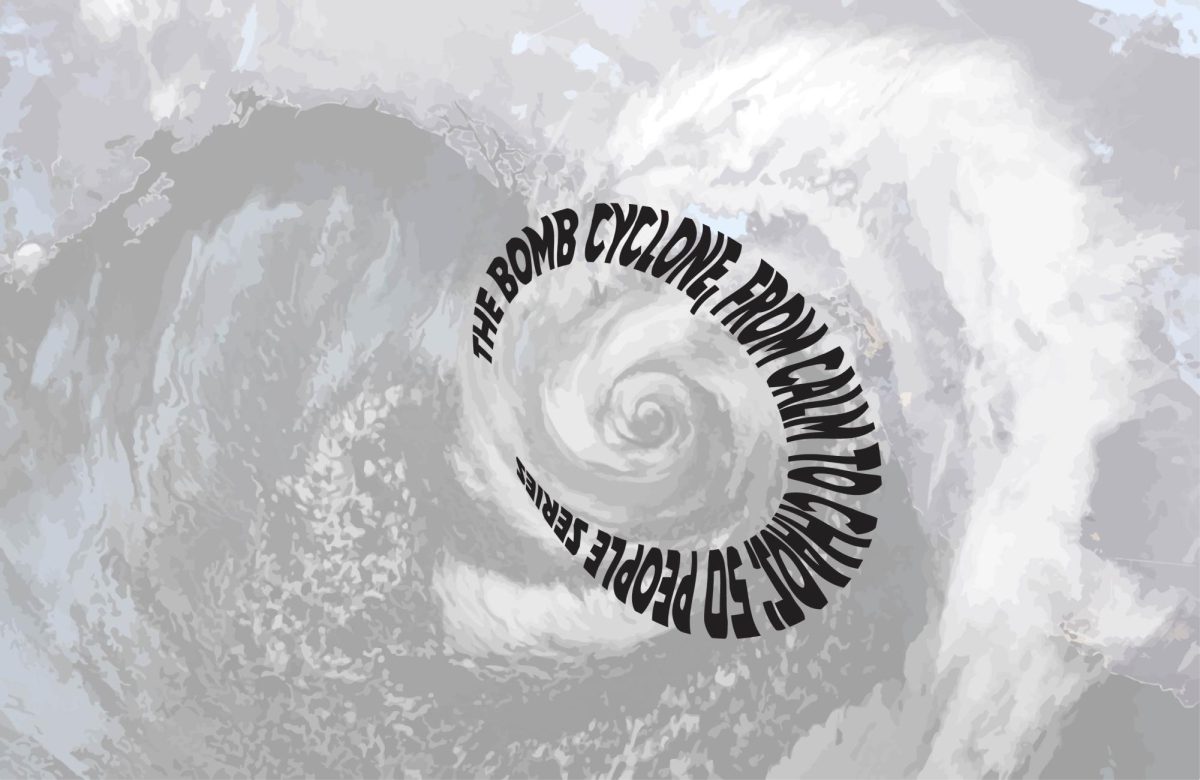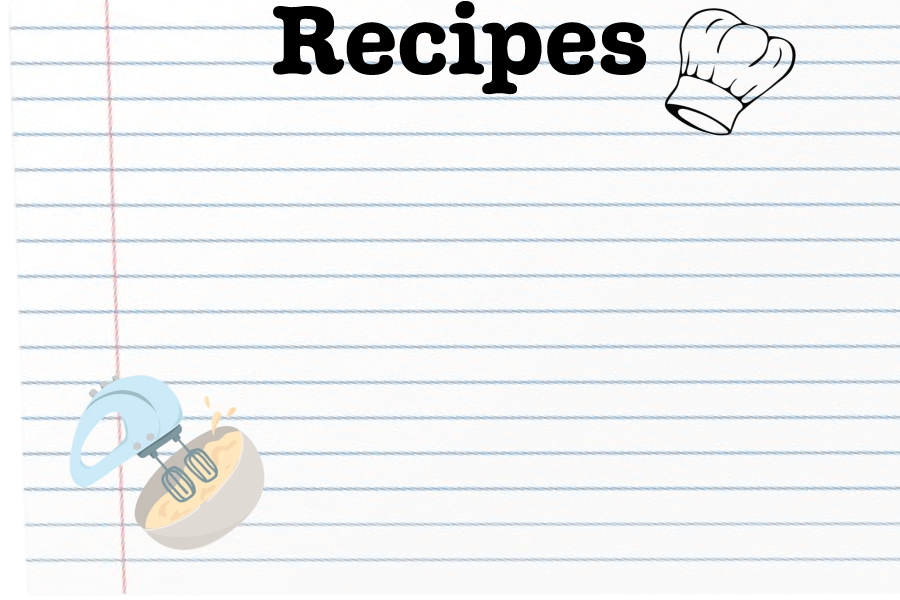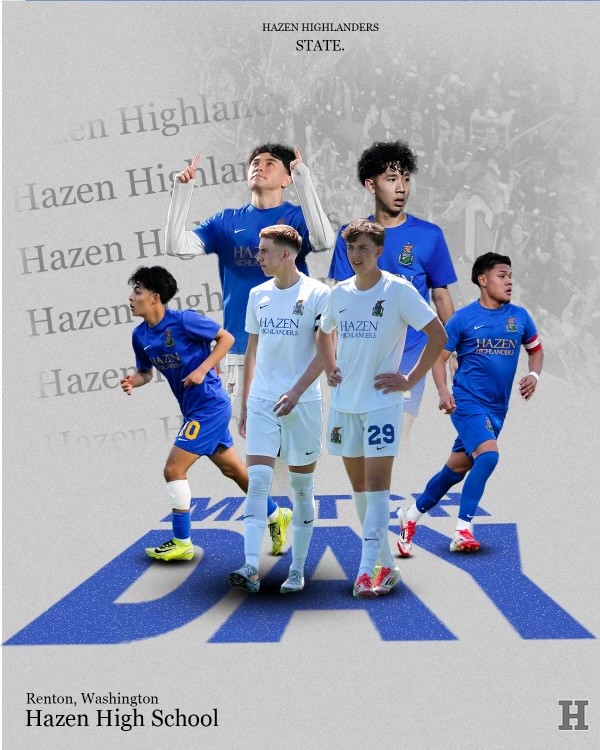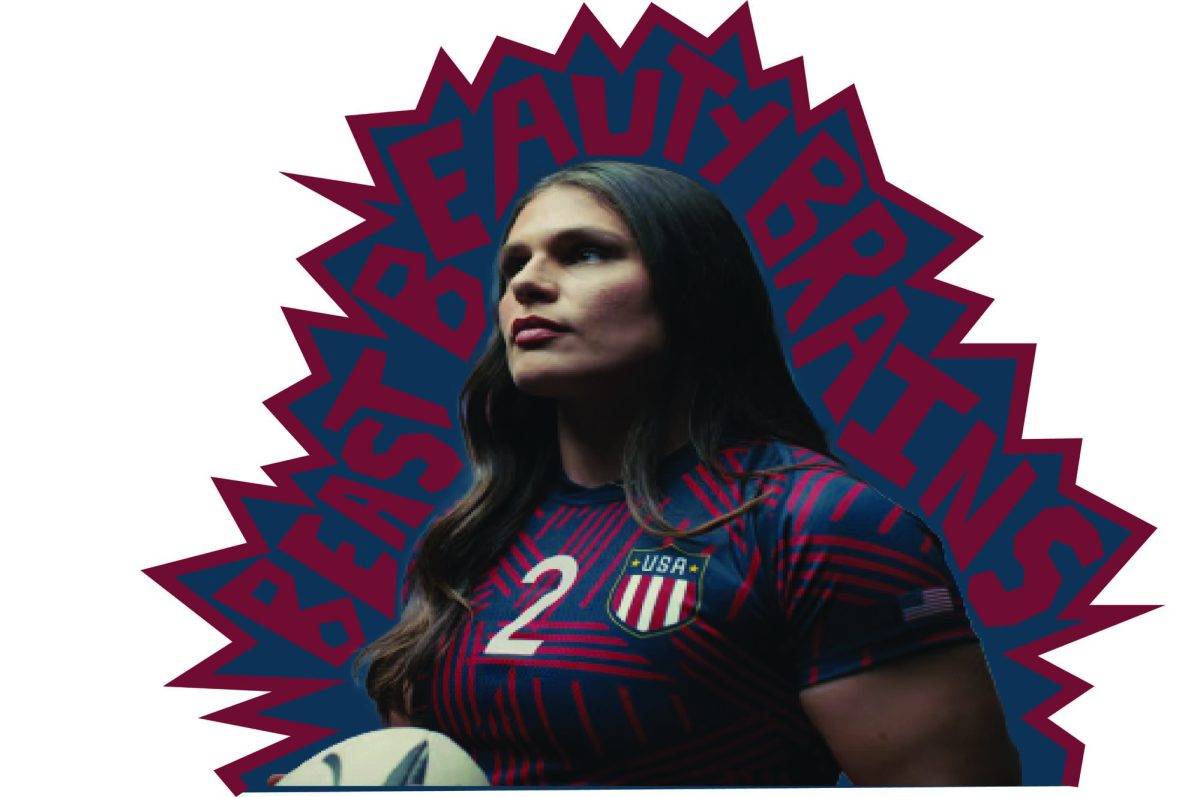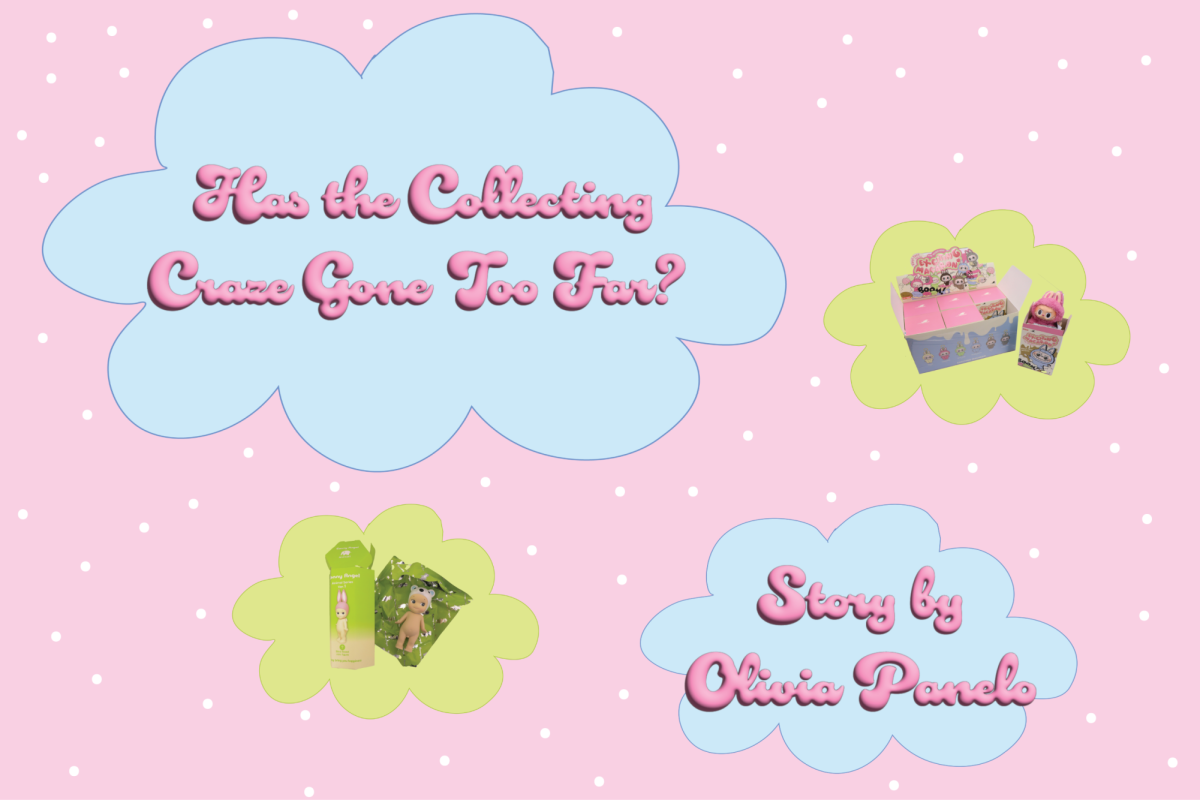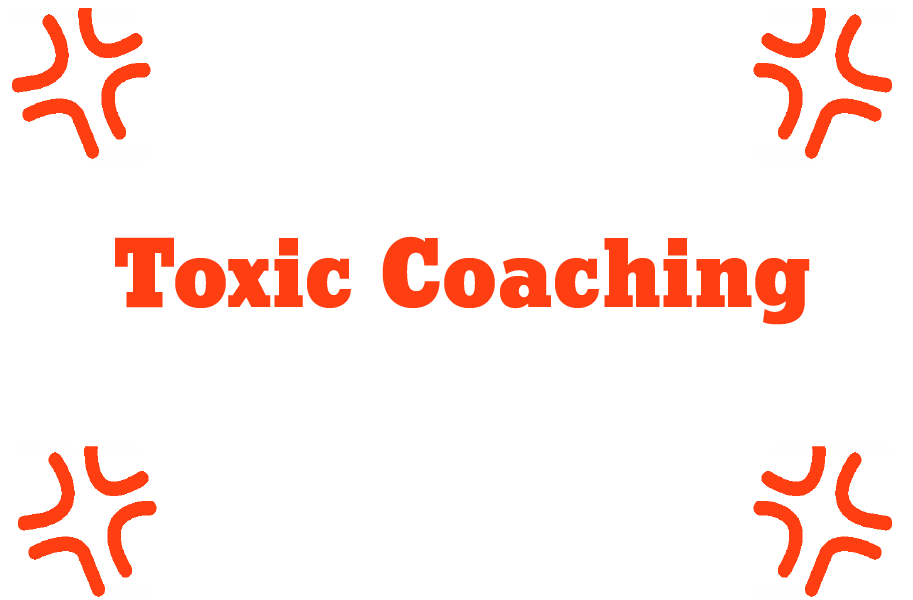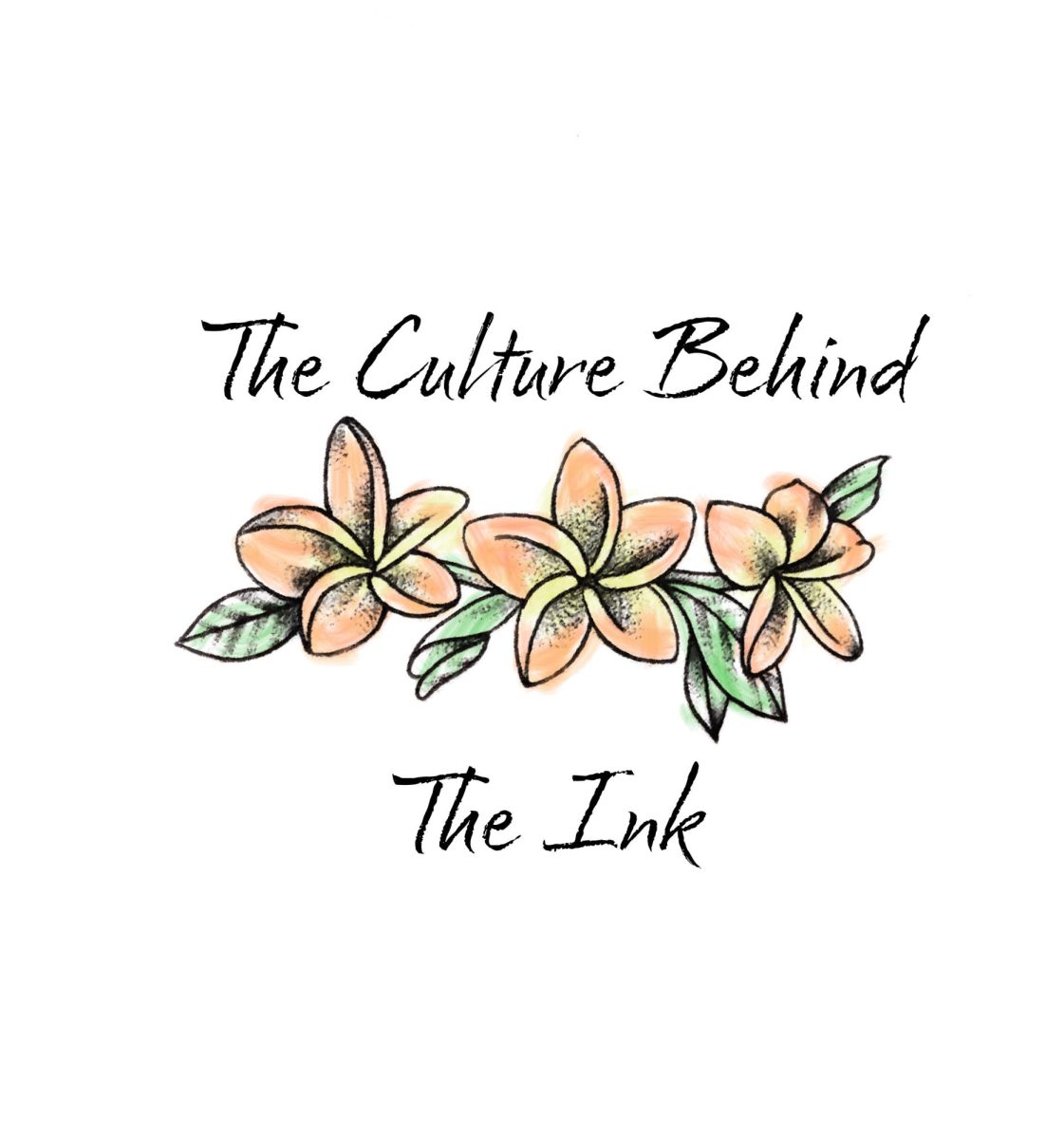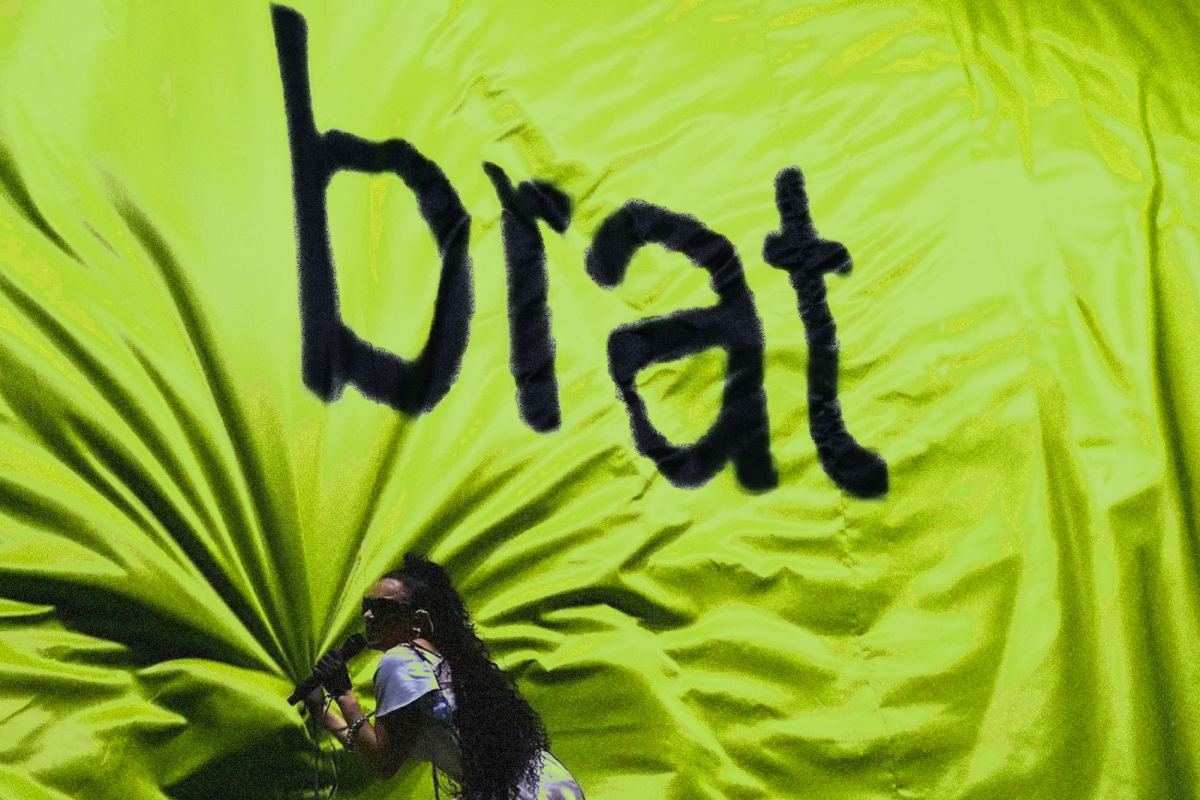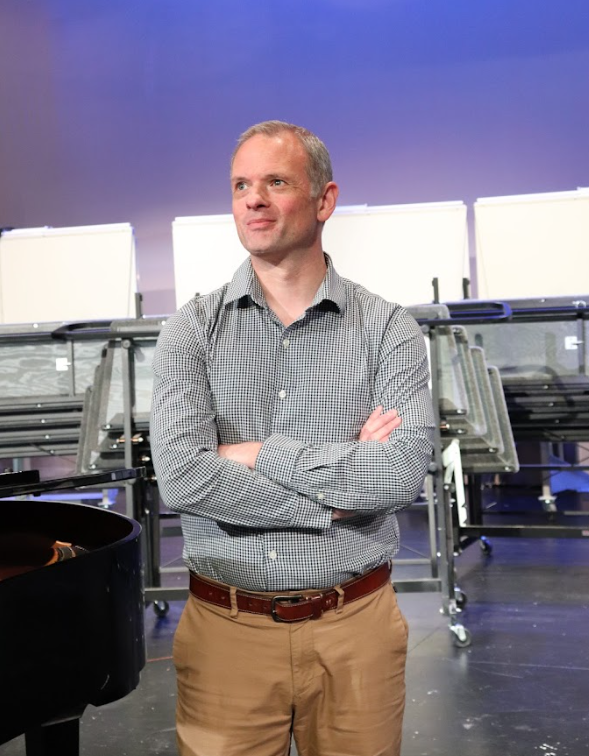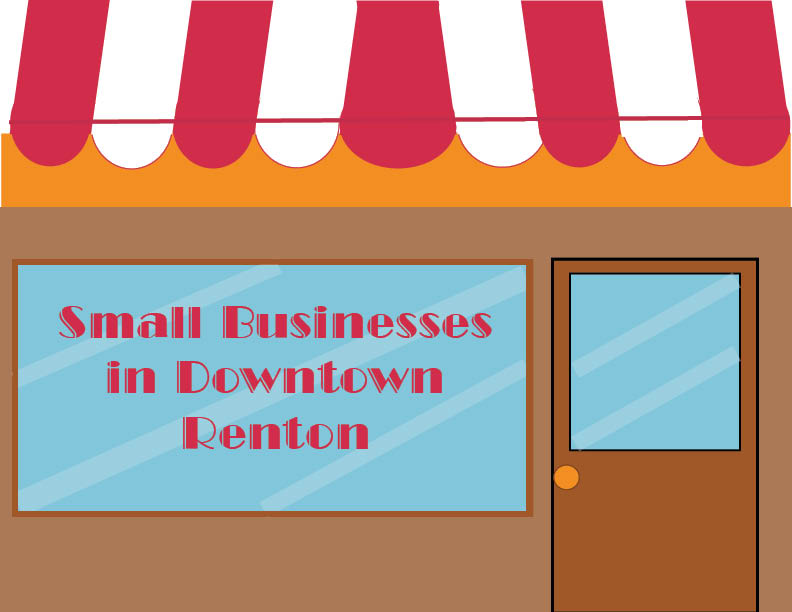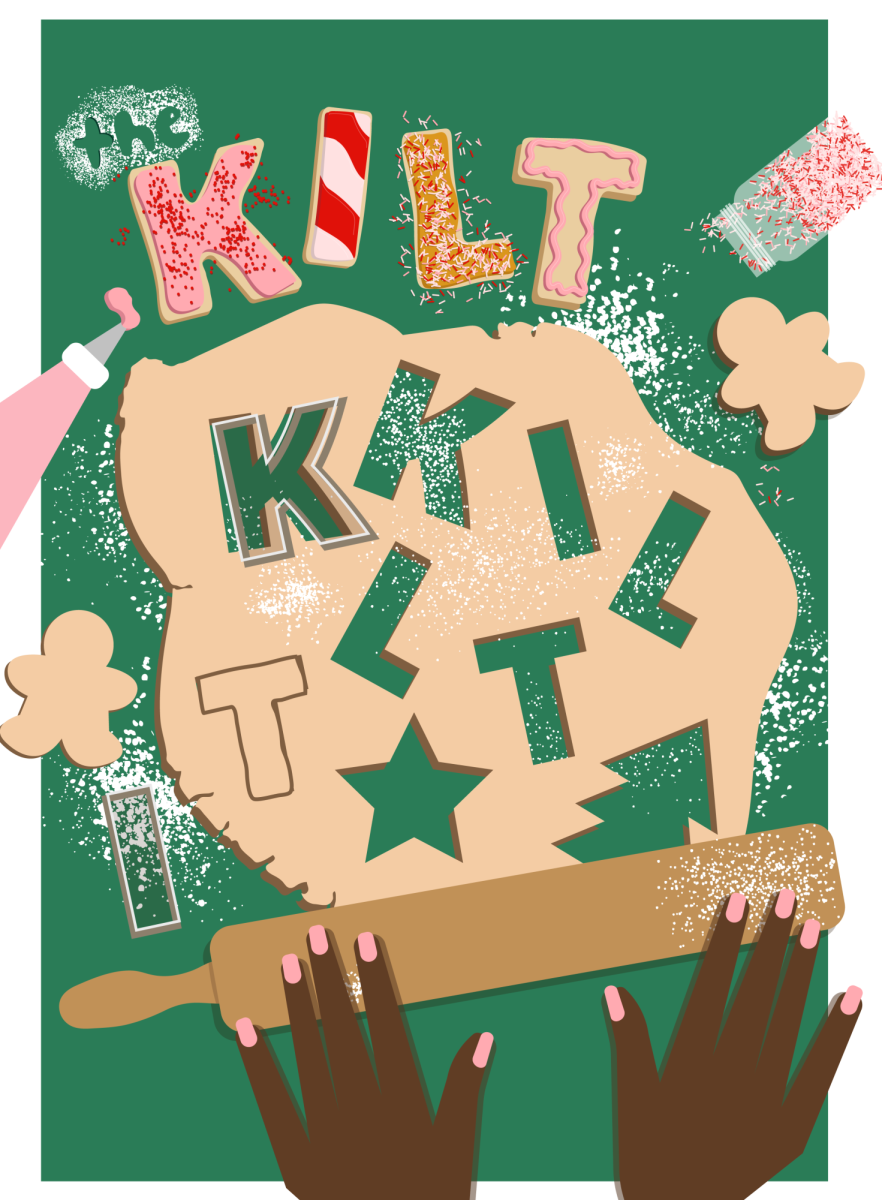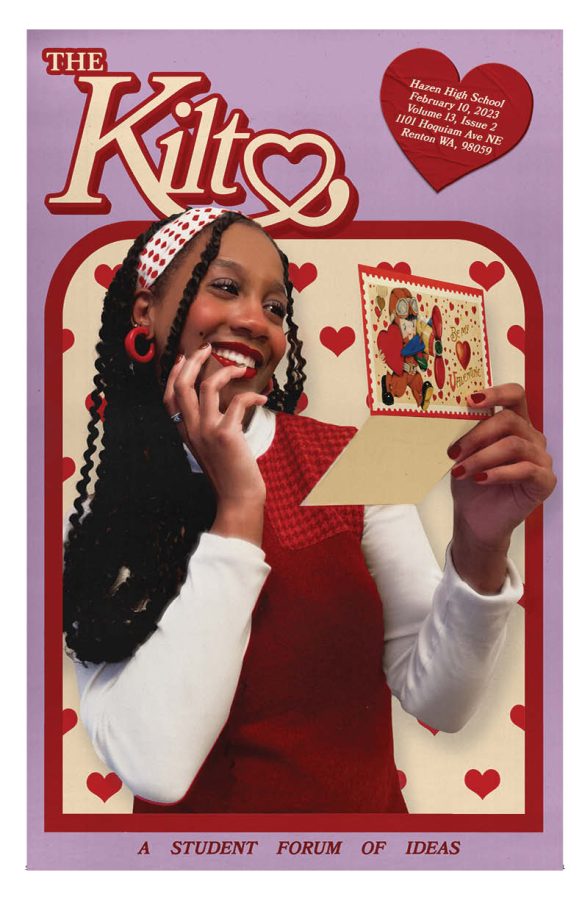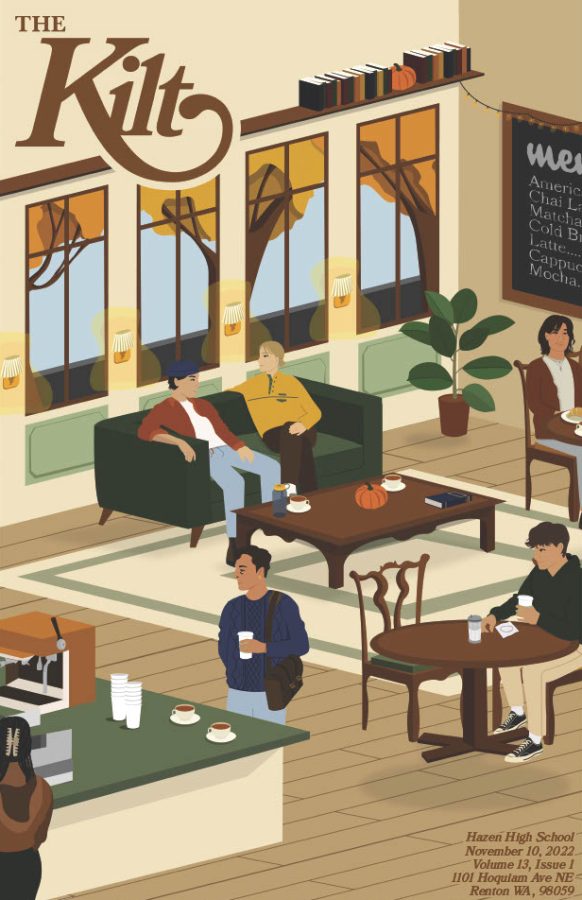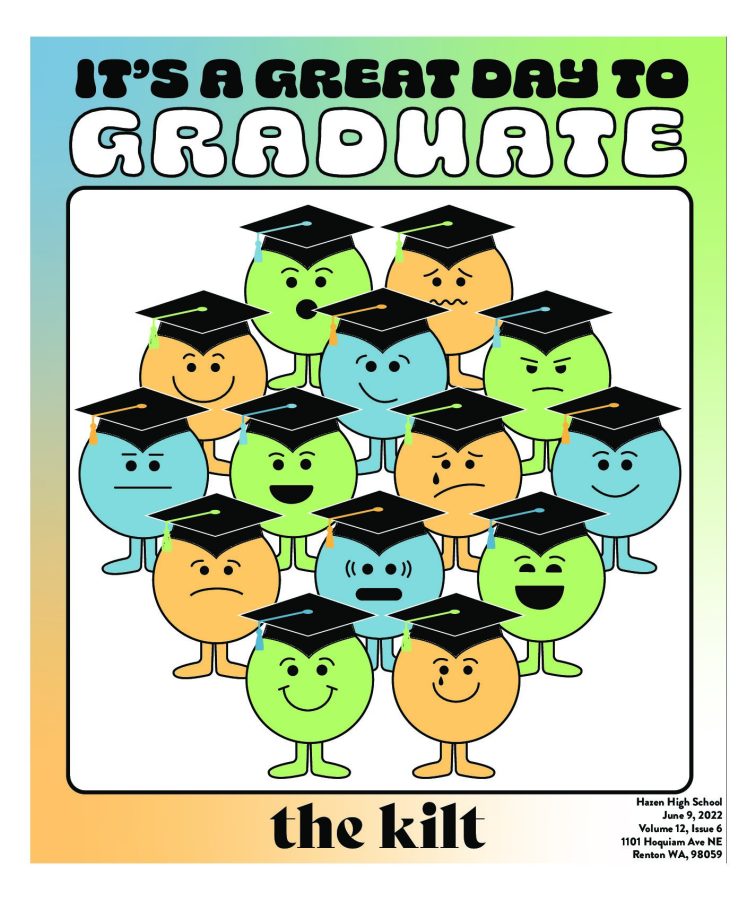Researching/Choosing Colleges:
- College research takes time. Everyone is different, and for me, it was quite literally spending 40 hours of my summer just narrowing down my list of what to apply to. Things I considered: 1) Does it have my major of choice? 2) Are scholarships available? (from the school) 3) Is the vibe right? Everyone’s criteria is different.
- There are many things that should not be the reason you go to a college: location, vibe, weather, etc. However, if there’s a single thing that’s really wrong, that CAN be a reason to say no. Examples: if I really struggled with seasonal depression and was set on Northwestern, I might contact/talk with students there because they have terrible winters and that could get really sucky, and that’s a reason to not go there. Don’t be afraid to say no to a college, even if it’s expected you say yes, for any reason. Multiple people I know got into very competitive, impressive universities. For an array of reasons, including cost and future planning, they chose the UW.
- I applied to twelve schools. This created work for me, on literal things like essays, and it also a longer rollercoaster of hearing admissions decisions. I don’t regret it; I needed to exhaust and explore my options. I was genuinely so ecstatic about every school I was applying to, from my safeties to my very unrealistic reaches: wanting every school to work out and not being unsure about any of them ensured I didn’t half-a** a single thing. I felt myself doing that with colleges, like the UC’s, and though it was hard to say no, I took that as a sign I probably shouldn’t be applying to them. The way my dad put it: if you wouldn’t say yes to them, why are you applying?
That seems super obvious, I know, but it’s a real thing. Single out every place you’re thinking of and look at it individually. Do not group all your reach-schools and assume you’ll get into at least one. That is not how statistics work. Make sure you have a target or safety school you’re really excited about. Someone I know applied to ten places, and only one wasn’t a reach. They didn’t realize until after they only got into that one that they didn’t actually want to go there.
- Let yourself consider any option. Any college, any pathway—a gap year, an internship, a field study. I put in dozens of hours just researching different colleges, but it was worth it—when I had my list of 12, I was ecstatic about every single one. I felt confident I’d exhausted my resources and truly explored my college options to the fullest extent I could. My biggest regret is that I was so hyper-focused on the main college funnel that I didn’t give real thought to other pathways: doing community college and transferring (for the UW, this is a HUGE near-guaranteed back door way to get in). What if I’d taken a gap year? What if I did a field study like my fellow head editor Zoe Loughnane, saved up money, and then applied to college after that? So consider your options! All you have to lose is an hour on the computer, and for me, those hours spent on researching other colleges satisfied the What if? voice in my head, and that was worth it. From the beginning, I felt there was a solid chance I’d end up at the UW if I could get in. However, I don’t regret the other journeys, because how I feel about my decision matters. I’m going in knowing that being a Husky is the best match for me financially, mentally, academically, for my career, and for any future I end up in. I know the UW is best for me, but I only know that because I went through the process of seeing all the other options, and realizing deep in my core why the University of Washington is FRICKIN’ AMAZING.
For the procrastinators: (reasons to not be one)
- Near deadlines, everyone needs everyone’s time. Especially ones like EA (Early Action) and ED (Early Decision) November 1, UW’s November 15, and UC’s November 30. I got all my advice from teachers about three weeks before November 1. They each gave me over an hour of their time, and I would revisit them the next day with their edits resolved. Their flexibility allowed me to write essays I was proud to submit. In the two weeks before those November deadlines, I happened to need help on some other things, and nobody was available. In the Opportunity Center on the week of November 7, Mr. Ngyuen had a list of 40 essays to review. There was unmatched tension in the air, as the Opportunity Center stayed open late into the night. It’s all so unnecessary and avoidable, if you just make yourself think your deadlines are two weeks before they actually are. I know y’all work better on a crunch, or whatever, but it’s something to think about.
- Consider early action!! You get the safety net of an extra deadline if you miss it, you can chill longer, and you have more time to decide. It also spreads out applications if you’re doing regular decision schools, too.
Common App:
- It takes a FAT minute (like over an hour) to enter all your previous courses and grades. Just a heads up. Don’t be entering that stuff in last minute.
- The Common App gets better and more intuitive every year, but there’s still things that aren’t uniform throughout the schools. Go through the application and each of your schools’ individual applications. Not all schools format their individual applications using the Common App, and time-consuming details can slip by. For instance: Gonzaga has a short essay that I had no idea existed, because it’s hidden under “General” under “Questions” and is not listed on their “College Info” checklist or under their “Essay” tab. Thankfully, I had another essay already written that fit the prompt.
Letters of Recommendation:
- ASK AHEAD OF TIME!! You might already have an idea of who you want to ask—ask the first weeks of school. Most teachers require at least two weeks of advance notice. Give them four.
- Have your teachers write it to a general committee, rather than naming the place, so you don’t have to ask them again to input a different scholarship or college name. Examples: “Annika Hauer will excel at any university she attends. I strongly recommend her for this college” or, “this scholarship.”
Brainstorming Essays:
Inspiration (credit to Mr. Nguyen, thank you):
- What makes you, you?
- What gets you up in the morning?
- What makes you cry?
- What kind of group member are you?
- What kind of leader are you? (How does that contribute to your character, how has that contributed to your current community, and how will all that contribute to a campus setting?)
- What kind of person do you want to be? Why? (what experience(s) fuel that vision?)
- You can write about mental health, divorced parents, a deceased relative, COVID-19, a break-up; anything that was an obstacle that taught you something. All those things are said to be written about “way too much,” and they are, but if that is truly the experience that had a deep impact on you, then it won’t be generic because it’s yours. A break-up is also the loss of a friend. Every divorce is different. What did that experience teach you about yourself and life as a whole? The story you write about honestly shouldn’t matter, because what you learned from it and how you will continue to grow from it is the majority of the essay.
- On that note, you also don’t have to write about a huge moment, if you’ve truly grown from a smaller one. No topic is too small, but some can be too big. Successful essays have been written about:
- A single moment or day.
- Favorite colors/food.
- Favorite piece of clothing.
- A class you took.
THE REFLECTION PIECE (the most important piece):
- A great college essay is 20% story, 80% reflection.
- Reflection is: what you learned, how you’ll continue living with this new skill/knowledge.
- When you’re making your statement about what you’ll bring to a university’s community, word it like they need you. “I can bring the change/personality/reform/knowledge to your campus that you not only want, but need.” (Obviously don’t word it like that, but you can try to give off that tone).
You can see there’s a lot of why in all this. If you don’t know your why, don’t commit to that topic. The why is the basis of the reflection.
- The bragging thing. It took a while to get used to, and to even be okay knowing you’re competing with your own classmates. It’s hard. It’s unfair. There’s a whole lot that’s crappy about the college system, and I spent a lot of my senior year being frustrated by it. Go through the motions, know that it’s unfair, but try to get past it as much as you can. There’s no “winning” what has really become a gamble, and this is just one step in your very long path.
- Something small: Don’t use conjunctions/acronyms. This shows respect. (UW => The University of Washington)
Writing Essays:
- Don’t be afraid to experiment and try new ways of brainstorming and writing. Twenty essays in, I decided to try brainstorming out loud, recording myself (thank you Mr. Taylor) rather than typing or handwriting. Even if you don’t like listening to yourself, you’ll remember what you came up with. Speaking aloud also allows you to be less attached to saying things perfectly the first time; you just get the ideas out.
- Something else that really helped me was talking it over a prompt a lot, and hence having a vision before writing. I was HYSTERICALLY fortunate to have a best friend who’s really really good at talking through the content of an essay. I’d have an idea, and they’d ask me questions and poke holes around it until I made stronger or new connections. Once I could see the essay mapped out in my head, I’d get an excited flurry in my fingers and wouldn’t be able to wait to get it down on paper. Okay. I admit. I adore writing. I…perhaps sorta enjoyed writing some of those essays. HOWEVER, do NOT get me wrong I didn’t like a lot of it, and also, now every other kind of writing I write, has pretentious air to it, and I have to wack myself out of a perfectionist mindset when I go to write anything, whether it’s for The Kilt, myself, a short story, or poetry. Main takeaway: Do what works for you, and don’t be afraid to experiment with what that might entail.
- You may have enough time, but not enough brain space. Or the other way around. The essays I wrote the quickest were the ones I set aside the most time for. I had this idea that I could write in the ten-minute chunks I’d squeeze in throughout the school day. For me, (and scientifically, everyone) multitasking is impossible. Getting and staying in an essay headspace made me much more likely to have a great idea. Rarely did it just “come to me.”
Tips for “Why (this college)” essays:
- This video: https://www.collegeessayguy.com/blog/why-this-college-essay
- Summarized points:
- Start with an hour of research!
- Name programs, classes (capital letters)
- What specific skills do they teach, and what opportunities do they have access to?
- How do those skills connect to your goals?
Financial Aid (FAFSA and CSS):
- Fill out FAFSA as SOON as possible, to get it off your plate and because theoretically the earlier you submit the more money you can get (it’s designed slightly on a first-come-first-serve basis)
- The CSS is required by most private schools; no public schools take it. It is slightly more in-depth than the FAFSA, but practically the same. You complete it through the college board, and it’s $16 per school. That’s right! The soul-sucking demonic non-profit is making money off of kids trying to get financial aid.
Scholarships:
- Research early! Even if you don’t work on the pre-requisites, knowing the deadlines and what they’ll entail allows you to plan better and meet most deadlines. I mainly researched in January, February and March, and by then lots had passed or were due within a few weeks, which is a stressful, non-sustainable way to do it. Earliest deadlines for scholarships I saw were in December, so if you research in December (hopefully after submitting apps) you should be set up to meet tons of deadlines!
- Scholarship “season” is January-Mayish, but there are scholarships available YEAR ROUND! I personally suggest focusing on getting actual college apps submitted before working on scholarships, because for the most part they’ll always be out there to find—college deadlines aren’t.
- Prioritize local scholarships. Renton Rotary has a ton and they rarely get applicants for all of them. Lack of competition is your best chance of getting that moolah (unfortunately).
- For finding scholarships, try making a list of all the things that make you remotely unique, that a scholarship might be directed to. There’s some crazy ones! Being vegetarian, a red-head, having a special hobby—this is when you can really expand outside of school (but also include school-related things).
General/Lifestyle/Coping/Not Dying:
- Have sporadic (or routine) days where you don’t work on your essays at all. It became a habit for every spare moment in class, at home, even being out and about, for me to open my phone or computer and write a sentence, edit a phrase. It was constantly on my mind, and even though I genuinely enjoy writing and editing and did have a little bit of fun, those essays became as much a part of my daily routine as waking up. To be absolutely clear, that is not beyond hyper-productivity, that’s just unhealthy. I also totally got burnout a few times and I didn’t even get much done, in those moments in class.
- If you have multiple applications due around the same time, sometimes completely submitting one can help a lot with the others. Being completely done with a few of my essays for November 1 not only opened up my brainspace, but gave me a taste of what it feels like to be completely done with an application.
- I didn’t hear many people talk about this so it could’ve been my little special case, but SO many things came up after I submitted applications. Just things, like a school requiring more documents, NYU needing me to re-enter my entire transcript, interviews, etc. And then there was financial aid stuff. You’d think it would be a little checklist that didn’t take time, but I legitimately spent 15 hours on all this. My advice here is to 1) Celebrate and take days off after submitting, (the stuff can wait) but 2) Don’t wait too long. Be prepared to open those applicant portals a few days after submitting, because sometimes you don’t and then when you do, it tells you there’s something missing and then you procrastinate processing what that actually means until there’s 2 days left to submit the CSS and it says it still hasn’t gone through even though you submitted it two weeks ago and college board has a 3-hour hold wait because it’s all due the next day and—the good news? If you’ve got proof it was pretty much out of your hands, like it was just processing time, most colleges are actually pretty lenient on financial aid deadlines. Okay. Now forget I ever said that so you don’t think of it as a cushion—rather, if (when) this problem bites you in the butt, know that the college world is cruel, but not as cruel in this one specific piece of the aid process (from my experience).
- KEEP ORGANIZED. I have 30+ little files on my computer that various college and scholarship applications needed. Whether it’s essays, un/official transcripts, letters of recommendation, activity lists—save yourself time and just make a folder and name things when you get them.
- Gut feelings are amazing! Slowly falling in love with something or putting in work and then loving it is also great and just as valid as a “gut feeling.” I had this with the UW, greatly. And husky marching band, for that matter…(hopefully I fall in love with it).
- Something I Felt That I Have Zero Advice For, Other Than to Share It to Prepare You: bragging about my activities and accomplishments really got to me, at points. After writing essays and lists that glorified everything I’ve done in high school, I found myself questioning whether I’d really done them for the sake of doing them, or if I’d done exactly what I had avoided and worked through and chastised my friends about for three years: for college apps. I didn’t. I took every class because I wanted to. I participated and led and impacted things because I was passionate about them. College applications have, to a sad extent, corrupted my view of really genuine, special things I did and accomplished in my life. I felt fake, and shallow, and disgusted with the notion that a part of me had done these things for the intention of saying I did them, rather than just freaking doing them, which I did—right? I think that’s the part of this whole process I hate the most. I could have dealt with feeling fake for a few months. What I did not anticipate was that mindset of presenting myself on paper to bleed into the rest of my life. I am heavily blaming “the system” here, and perhaps I should place more blame on myself and my lack of strength to right my mindset. I consider myself to be a very genuine person. And I’ve always considered myself to be strong in that fact; it’s never wavered. College apps obliterated it. Call me weak, I don’t care. This was the cost of talking about myself for hundreds of hours. And the ONLY reason I ever did that was because of this crapshoot we entrust to educate our futures. I am bitter! I am, and I don’t have any advice for this, because it’s not like any of us can avoid it. What are we going to do, boycott college?
- Something That Should Go Without Saying, But in Case There is Any Doubt: Everyone’s situation is different. It just is, and a college application is such a teeny representation of who you are as a student—let alone your potential as a person. It is completely bogus and stupid and wrong to think any college or scholarship letter defines even a fraction of your worth. College acceptance rates are getting so low anyways, schools with <20% are a lottery, anyways. They’ve got thousands of stellar, promising students, and they pick ten. So please do not take a random adult’s opinion personally. They and this system are not worth your time. And though it is extremely hard (if not impossible), avoid comparing yourself to your friends and peers. This process is different for everybody, and it’s going to affect people differently, too.
Last thing: College is a stepping stone on the track of our lives. It is not our destination. Where you go for undergrad, in the end…doesn’t really matter. What you do with the opportunities there, however, does. The mindset and the initiative you go into college, with, matters much more than the name of the school.






